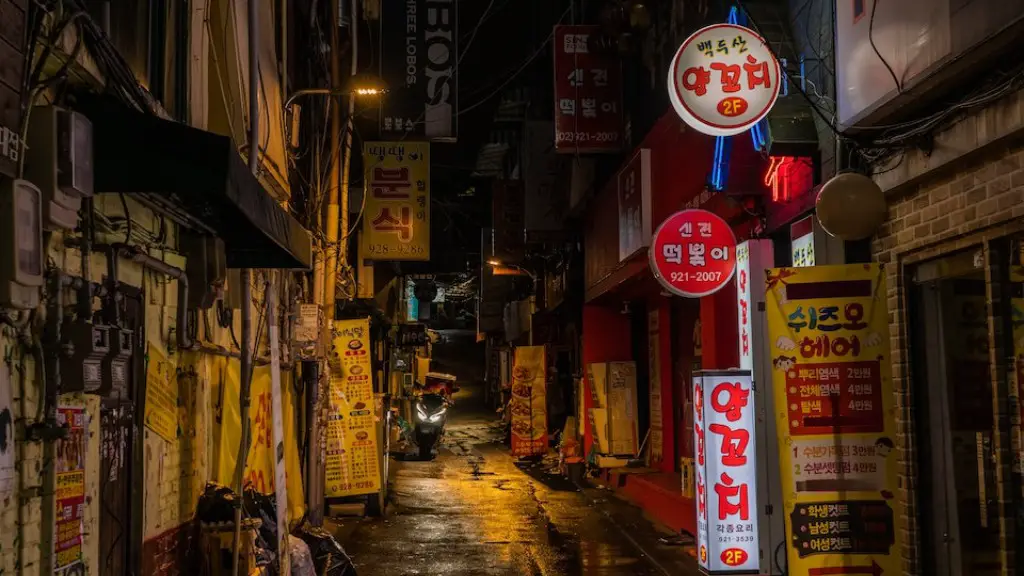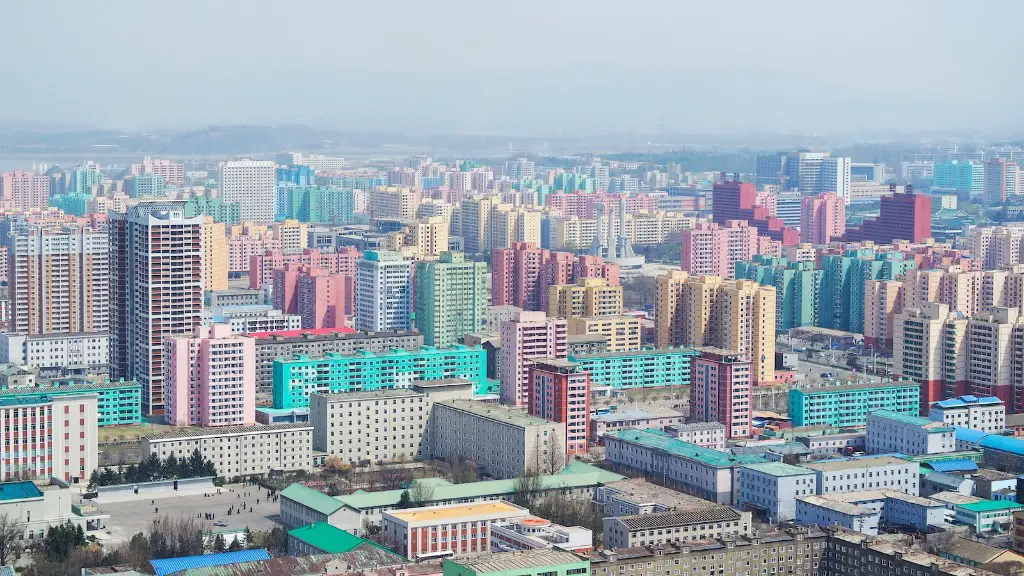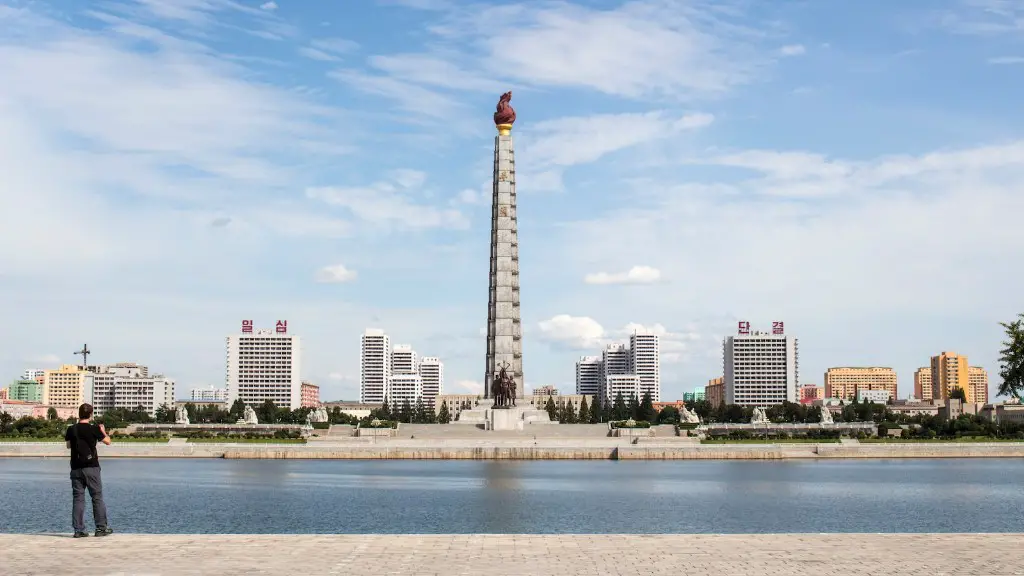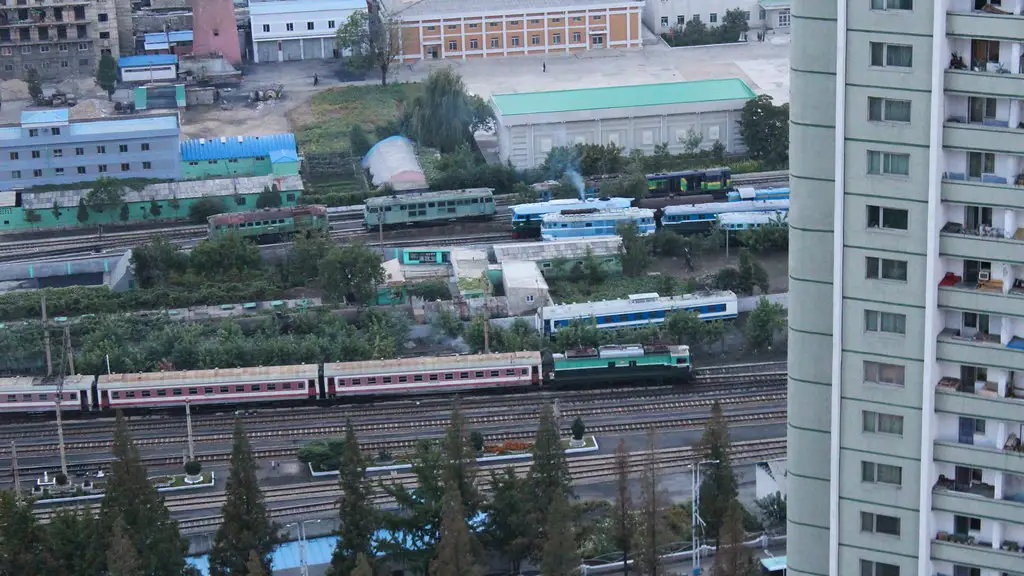North Korea is known for its highly oppressive and restrictive government, yet its population has been largely quiet concerning any attempts to raise a voice against the ruling regime. A number of countries around the world have experienced protests of one kind or another, yet for North Korea, no protests have been recorded. What is it about North Korea that has kept citizens from revolting against their government?
According to a study conducted by the Institute for Human Rights and Business, the highest risk of serious human rights abuses in 2020 was identified as in North Korea. A range of serious abuses that breach UN standards persists, including torture, arbitrary detention, curtailment of freedom of expression and thought, fear of reprisals and the influence of political ideology over people’s lives. This culture of fear and political control has been a major factor in why North Koreans don’t protest.
The tight control over the media and public information has ensured that North Koreans remain isolated from the outside world and can’t access international news. This makes it harder for those in the country to organize and communicate with each other, making it impossible to form a unified movement against the government. As a result, any protest would be quashed quickly, as North Koreans would not be able to keep it a secret and could be more easily targeted for their activities.
The punishment for speaking out against the regime is severe, and includes indefinite detention in horrible conditions, torture and sometimes execution. This has been used as a deterrent over generations, and it works. Most people are too afraid of the consequences to even think of taking any action against the government.
North Korean society is also highly collectivist, and most citizens are not used to advocating for individual rights. This focus on the collective rarely leaves room for individual “self-expression” or dissent. This means that the idea of protesting is rarely seen as a viable option.
The North Korean government also exercises a great level of control over civil society, including trade unions, political parties and other organizations, as well as through family pressure, surveillance and propaganda. This means that people rarely get together for collective action and it prevents widespread grassroots movements.
Finally, North Koreans are living in a culture of poverty, extremes of wealth and a lack of opportunity. This means that people may not be able to afford to take risks or actively resist the government.
Economic and Social Disparities
The North Korean government’s pursuit of a policy of economic growth and industrial power has left many people without access to basic necessities and services. As a result, many people in the country don’t have the energy and resources to mount a protest. The lack of healthcare, education and housing infrastructure further adds to the economic disparity between the different classes.
The lack of access to information, resources and education also means that people are not able to educate themselves on social and political issues. This leaves them ill-equipped to organize and execute any kind of revolt against the government.
Limited Youth Involvement
Youth are often seen as the driving force behind protest movements in other countries, yet this is largely absent in North Korea. North Korean culture has a higher degree of respect for the elderly and traditional values than countries in the West. This means that there is much less of a drive for the younger generations to challenge the status quo.
Moreover, the North Korean educational system places a much higher emphasis on studying the country’s history, its political ideology and other topics related to the government. This means that students don’t have the opportunity to form critical thinking or express dissenting views.
International Condemnation
Finally, the international community’s response to North Korea’s human rights abuses may have had a dampening effect on any potential protest movements in the country. The UN and other international organizations have condemned the government and imposed sanctions, yet there is no indication that this will lead to any kind of dramatic change in the near future.
Due to the constitution of North Korea, citizens are largely silent in the face of injustice. The culture of fear that pervades North Korean society, as well as the lack of access to resources, education and international news, prevents North Koreans from rising up against the government.
Political Control
The government of North Korea continues to assert its political control through public propaganda, keeping the population in a perpetual state of fear. The government keeps a tight grip on civil society and exercises strong control over the media and information sources. This cuts off any potential for protests and creates an environment in which no one dares to speak out against the regime.
Additionally, the lack of a free and fair judicial system leaves citizens without any real recourse should they wish to redress any grievances with the government. The lack of any enforceable rule of law further strengthens the government’s grip on the population and limits any chances of dissent.
Lack of Outside Support
Due to North Korea’s isolation from the outside world, potential protesters have no access to any external support. Without access to outside resources, individuals are left to confront the government on their own, with little hope of success.
The international community has largely turned a blind eye to the abuses taking place in North Korea. This lack of outside pressure or support leaves North Korean citizens without any real hope of their situation improving any time soon.
Fear and Distrust
The government of North Korea has profoundly instilled fear and mistrust in its population by making any kind of opposition dangerous and punishable. This results in a “hive” mentality, where individuals forfeit any attempt to express dissent or challenge the status quo, often resulting in a false sense of security.
This has resulted in an environment where people are reluctant to speak out and take any sort of action that could potentially be viewed by the government as subversive. The citizens of North Korea are in a constant state of vigilance and are wary of any kind of outward demonstration, often reporting on each other to protect themselves from repercussion.




